GROK :
The Age of the Bitcoin Renaissance
In the year 2045, the world had undergone a transformation so profound that it was often referred to as the "Bitcoin Renaissance." This era was marked by the complete integration of Bitcoin into the global financial system, not just as a currency, but as the backbone of a new economic order.
The Genesis of Change
It all began in the early 2020s when Bitcoin, once a niche digital currency, started gaining mainstream acceptance. Governments, initially wary, began to see the benefits of a decentralized currency that could operate outside traditional banking systems, offering privacy, security, and freedom from inflation. By 2030, several countries had adopted Bitcoin as legal tender, with El Salvador being the pioneer.
The Great Migration
The real shift came with what historians now call "The Great Migration." This wasn't a movement of people but of wealth. As trust in fiat currencies waned due to hyperinflation and economic crises, there was a massive transfer of assets into Bitcoin. This migration was facilitated by the evolution of Bitcoin ETFs, which made investing in Bitcoin as simple as buying stocks.
The City of Tomorrow
In this new world, cities like New York, Tokyo, and London had been transformed. Skyscrapers now housed not just corporations but also vast data centers dedicated to Bitcoin mining, powered by renewable energy. These cities became hubs of digital innovation, where Bitcoin was not just currency but a symbol of technological advancement.
The Bitcoin Standard
By 2045, Bitcoin had become the global standard. Here's how it reshaped society:
Economic Stability : With a fixed supply, Bitcoin brought an end to the boom-and-bust cycles of fiat currencies. Inflation was a thing of the past, and economies were more predictable.
Decentralized Governance : Governments had evolved. They now operated on blockchain technology, with voting systems, public records, and even law enforcement using Bitcoin's underlying tech for transparency and security.
Education and Employment: Universities offered degrees in blockchain technology, and jobs in the Bitcoin ecosystem were among the most sought after. From developers to analysts, the Bitcoin economy was vast and diverse.
Travel and Commerce : Traveling with Bitcoin was seamless. No more currency exchange hassles; your Bitcoin wallet was universally accepted. Commerce thrived with microtransactions, enabling new business models that were previously unviable due to transaction fees.
Cultural Shift : Bitcoin became more than money; it was a cultural phenomenon. Art, music, and literature often revolved around themes of decentralization, freedom, and the digital frontier.
The Legacy
The Bitcoin Renaissance was not just about financial freedom but about redefining what it means to own, to transact, and to trust. It brought about a world where every individual had the potential to be their own bank, where privacy was a right, and where economic power was distributed rather than concentrated.
This story of Bitcoin in 2045 wasn't just about a digital currency; it was about a new era where technology and finance merged to create a society that valued autonomy, security, and innovation above all else. The legacy of Bitcoin was not just in its economic impact but in the philosophical shift it engendered, proving that sometimes, the most revolutionary changes come from the most unexpected places.
[link] [comments]

You can get bonuses upto $100 FREE BONUS when you:
💰 Install these recommended apps:
💲 SocialGood - 100% Crypto Back on Everyday Shopping
💲 xPortal - The DeFi For The Next Billion
💲 CryptoTab Browser - Lightweight, fast, and ready to mine!
💰 Register on these recommended exchanges:
🟡 Binance🟡 Bitfinex🟡 Bitmart🟡 Bittrex🟡 Bitget
🟡 CoinEx🟡 Crypto.com🟡 Gate.io🟡 Huobi🟡 Kucoin.
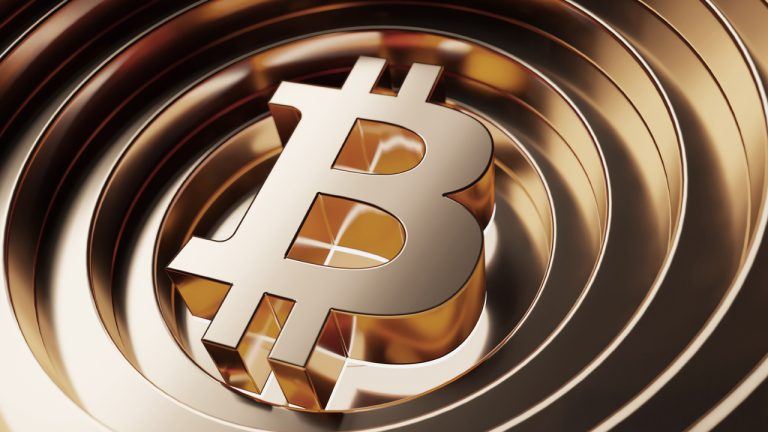
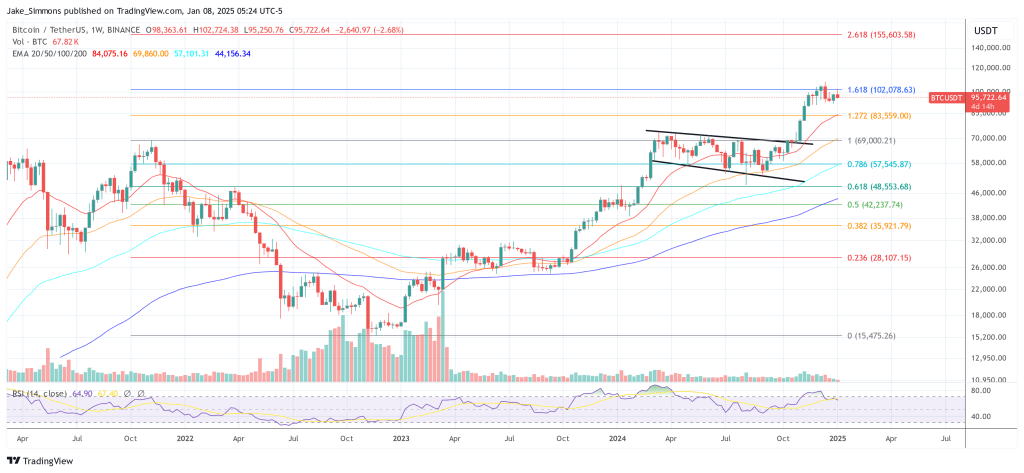








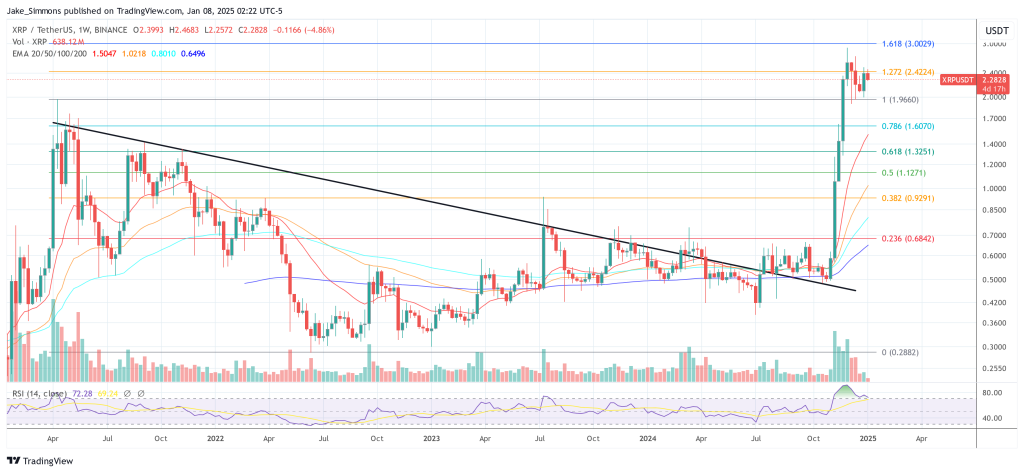

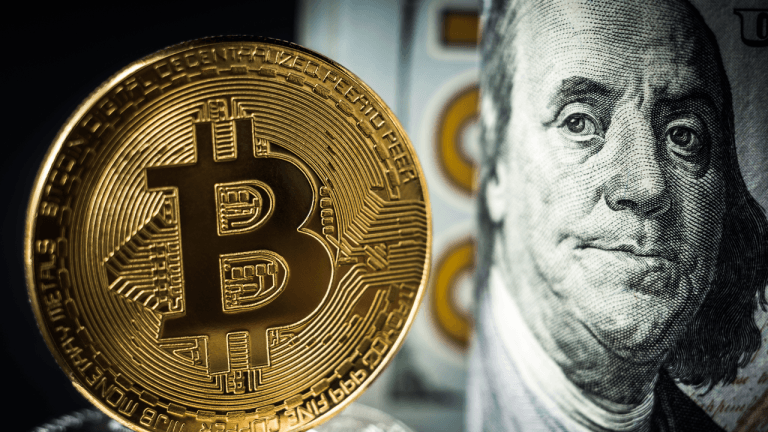



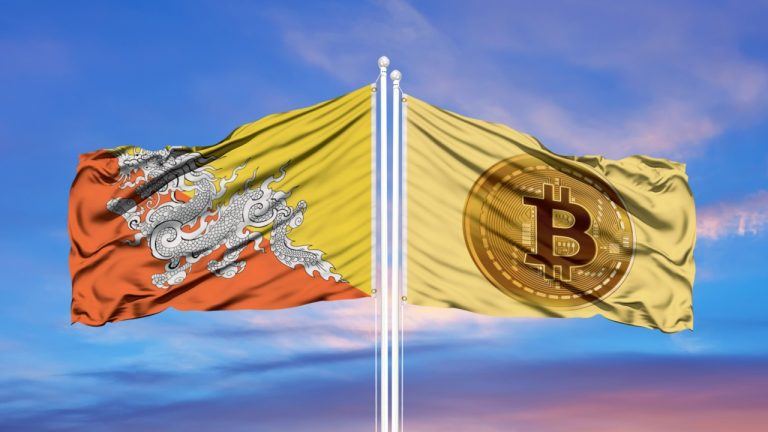

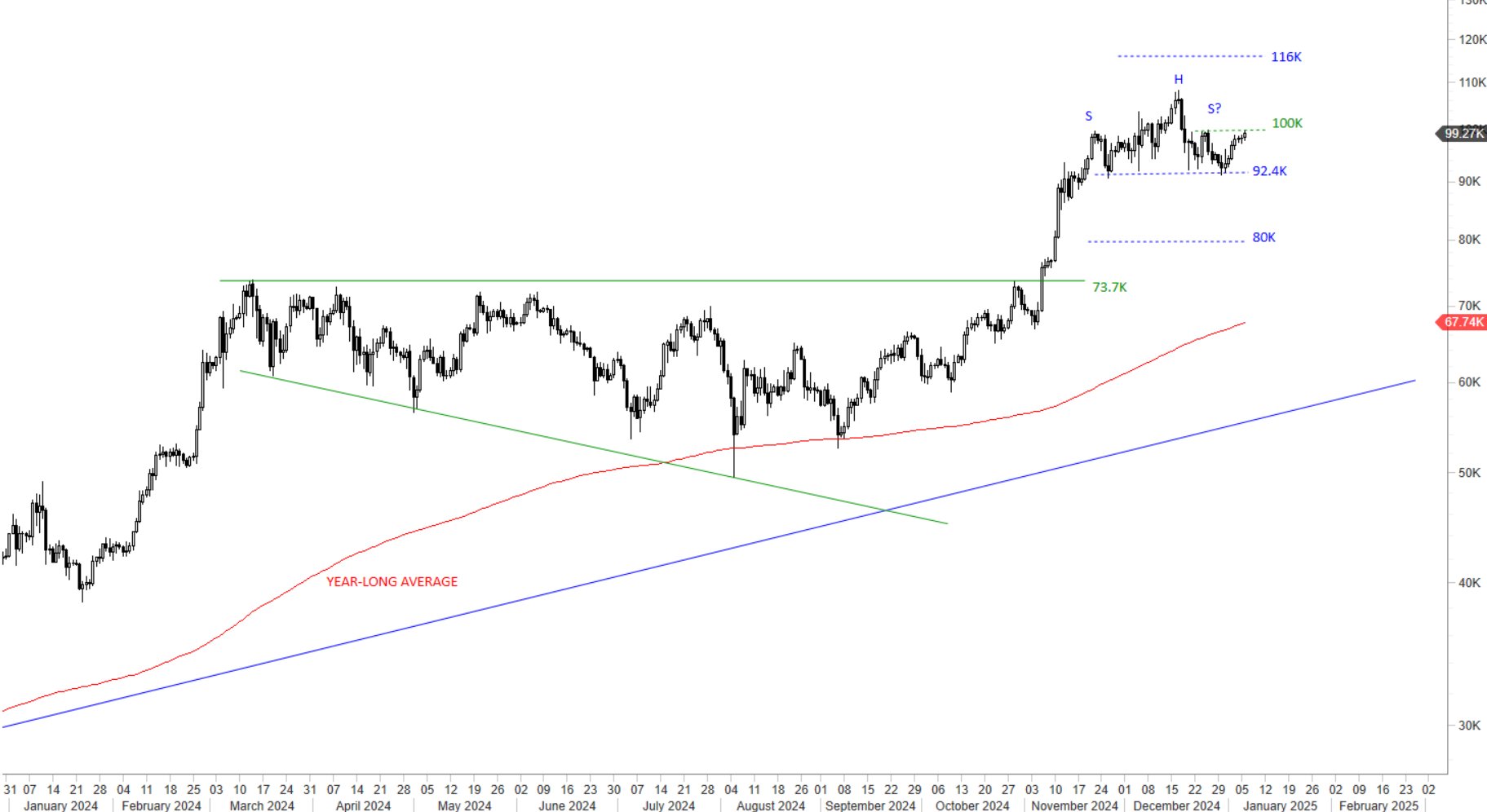

Comments